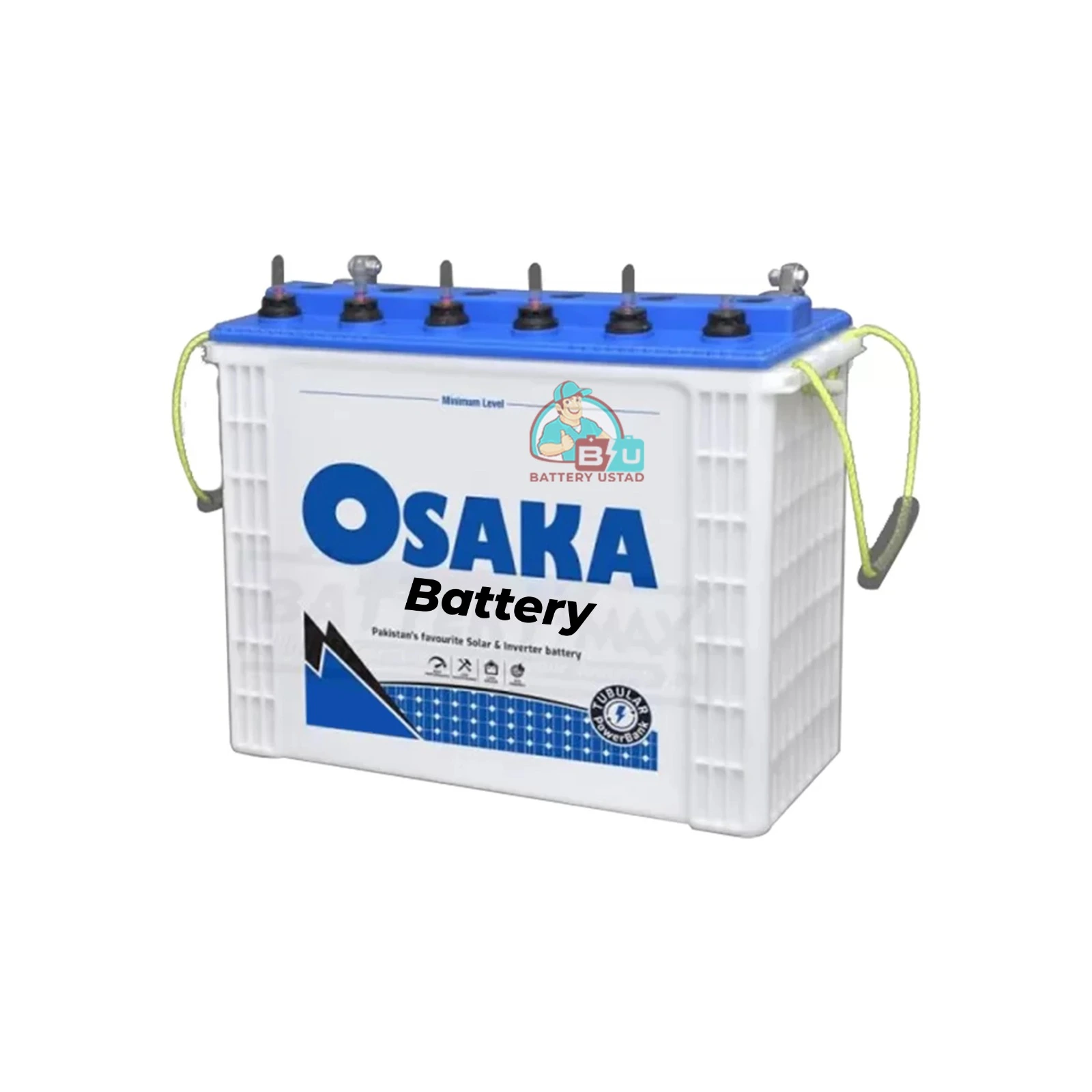
When it comes to choosing a reliable battery for your home, solar system, or inverter, two major types often come into the spotlight: tubular batteries and flat plate batteries. Both have their own strengths and ideal use cases, but which one is the better option for you? In this article, we’ll compare these two types in simple terms, covering their design, performance, lifespan, and cost — helping you make an informed decision.
What Is a Tubular Battery?
A tubular battery is a type of lead-acid battery designed to offer longer life and higher performance. It uses a special tube-shaped positive plate structure which allows deep charging cycles. These batteries are commonly used in applications where long backup is needed, such as solar energy systems and heavy-duty inverters.
Key Features:
-
Longer lifespan (up to 5–7 years)
-
Better for frequent and deep discharges
-
Ideal for long backup requirements
What Is a Flat Plate Battery?
Flat plate batteries are also lead-acid batteries but use flat plates for their positive electrode. They are designed for shorter power backup needs and are generally more affordable than tubular batteries.
Key Features:
-
Shorter lifespan (around 2–3 years)
-
Best for areas with fewer power cuts
-
Faster charging time
Performance Comparison
| Feature | Tubular Battery | Flat Plate Battery |
|---|---|---|
| Lifespan | 5 to 7 years | 2 to 3 years |
| Backup Time | Longer backup | Shorter backup |
| Charging Time | Slightly longer | Faster |
| Maintenance | Low to medium | Medium to high |
| Cost | Higher initial cost | Lower initial cost |
Which Battery Offers Better Durability?
In terms of durability, tubular batteries clearly outperform flat plate batteries. Thanks to their robust construction, tubular batteries can handle deep discharges without much damage. This makes them perfect for areas where electricity outages are frequent.
Flat plate batteries, on the other hand, are not built for repeated deep discharging. Their plates wear out faster, especially in high-usage scenarios.
Charging Efficiency and Maintenance
Tubular batteries generally require less maintenance and are more resistant to overcharging. They are also more efficient in deep charge-discharge cycles, which makes them highly suitable for solar systems.
Flat plate batteries need more regular maintenance, including topping up with distilled water and checking acid levels frequently. While they charge faster, their overall performance under heavy load is not as reliable.
Best Use Cases
-
Tubular Batteries: Ideal for solar systems, homes with long power outages, and commercial setups requiring stable and long-lasting power backup.
-
Flat Plate Batteries: Suitable for areas with minimal load shedding or backup requirements of a few hours only.
Price Considerations
One of the main deciding factors between the two battery types is the price. Tubular batteries are more expensive upfront but offer better long-term value due to their longer life and lower maintenance.
If you’re specifically looking for updated pricing details, knowing the tubular battery price in Pakistan can help you evaluate whether it fits your budget. Prices vary depending on capacity (e.g., 150Ah, 200Ah) and brand, but tubular batteries generally start around PKR 35,000 and can go up to PKR 80,000 or more.
In contrast, flat plate batteries are cheaper, ranging from PKR 20,000 to PKR 40,000. However, their short life span and higher maintenance might result in more frequent replacements — increasing overall cost in the long run.
Environmental Impact
Tubular batteries are more energy-efficient and tend to have a lower environmental impact because they last longer and don’t need to be replaced as frequently. This helps reduce waste and supports sustainable energy practices, especially when paired with solar setups.
Final Verdict: Which One Should You Choose?
If you live in an area with frequent power outages, run a solar system, or want a long-term battery solution, a tubular battery is the better choice. It offers excellent backup time, long lifespan, and lower maintenance, making it worth the investment despite the higher cost.
On the other hand, if your power backup needs are minimal and you’re looking for an economical solution, a flat plate battery can do the job — but with shorter durability.
When planning your purchase, always consider usage, maintenance capacity, and budget. For solar users or those wanting a future-proof solution, checking the tubular battery price in Pakistan can help you plan ahead for a reliable energy backup.